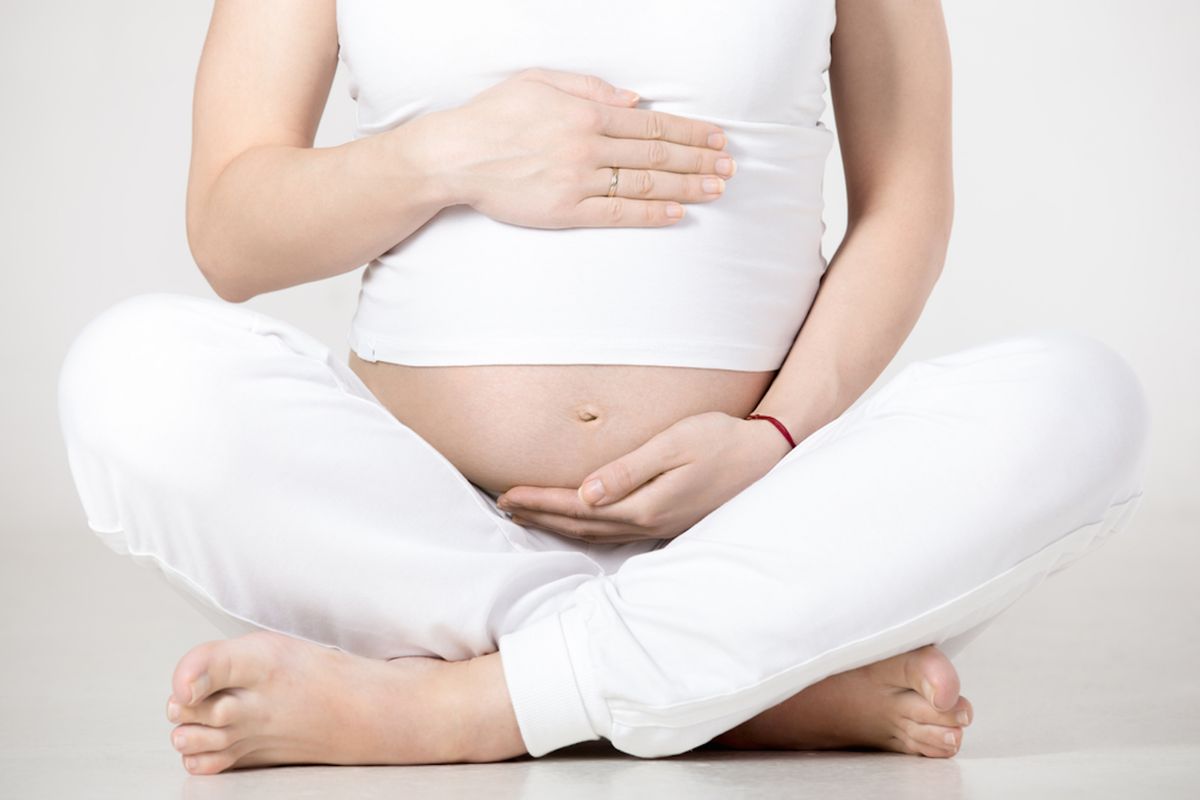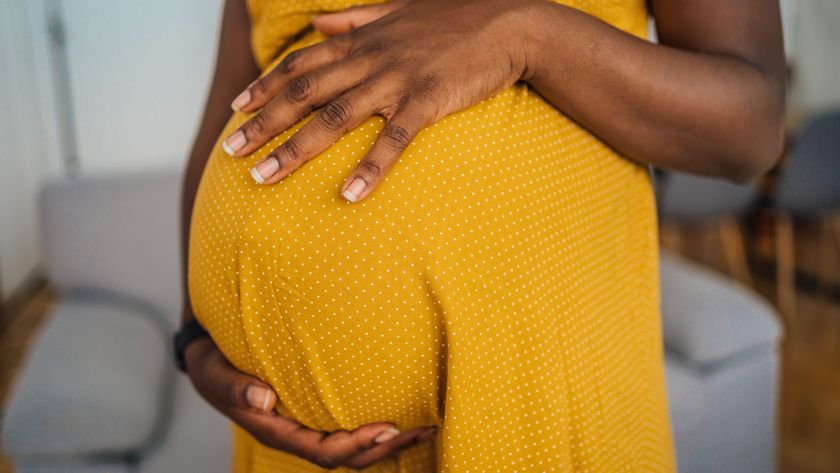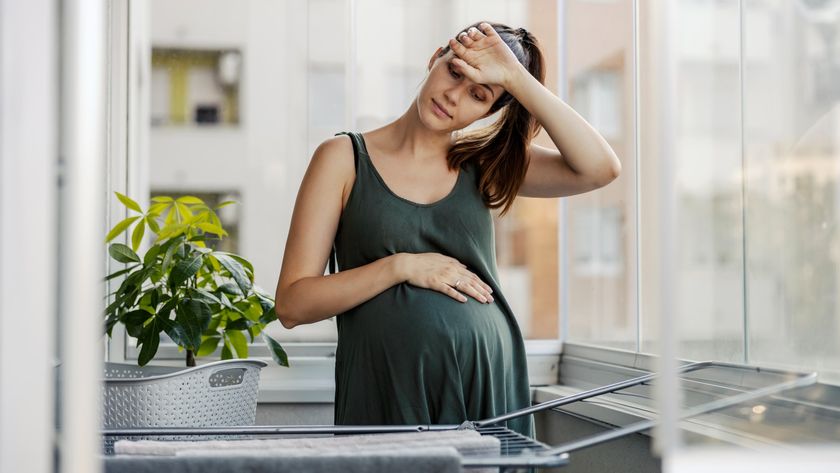First-Time Moms Are Getting Older in US

The age at which U.S. women have their first baby is going up, according to a new report from the Centers for Disease Control and Prevention.
From 2000 to 2014, the average age of a mother's first birth rose from 24.9 to 26.3, data from the CDC report found.
In the report, published today (Jan. 14), the researchers attributed the shift to two main factors: a decrease in the percentage of women having their first birth before age 20, and an increase in the percentage having their first birth over age 30. [Conception Misconceptions: 7 Fertility Myths Debunked]
The percentage of women having their first child under age 20 fell to 13.4 percent in 2014, down from 23.1 percent in 2000, according to the report. (Indeed, a separate, earlier report from the CDC found that the birthrate among teenagers hit an all-time low in 2014.)
The percentage of women having their first child between ages 30 and 34 rose to 21 percent in 2014, up from 16.5 percent in 2000, according to the report. And 9.1 percent of women having their first child in 2014 were 35 or older, up from 7.4 percent in 2000.
This is a trend that will likely continue as more women pursue professional goals, said Dr. Brooke Hodes-Wertz, an assistant professor of obstetrics and gynecology at New York University Langone Medical Center.
Women are also learning more about their options when it comes to having babies at a later age, including freezing their eggs, Hodes-Wertz told Live Science.
Sign up for the Live Science daily newsletter now
Get the world’s most fascinating discoveries delivered straight to your inbox.
Hodes-Wertz noted that women's fertility does indeed decline with age, and so older women will have a harder time getting pregnant naturally. This decline is subtle in a woman's early 30s, but there's a bigger difference after age 35, she said.
"What's really happening is that as you get older, the quality of [a woman's] eggs goes down, so it take more time to find that good-quality egg," she said.
In addition, a woman's risk of miscarriage as well as medical conditions such as high blood pressure during pregnancy and gestational diabetes increase with age, Hodes-Wertz said. These conditions can lead to other complications, such as preterm deliveries, she said.
Those risks increase after age 35, then more after age 40, and even more after age 45, she said.
The risks of chromosomal abnormalities in the baby, such as those that cause Down syndrome, also increase with a mother's age, she said.
Overall, however, the trend in the rising age of first-time moms doesn't seem concerning for women's general health at this point, Hodes-Wertz said. Women who are from 30 to 34 years old are still a low-risk group, she added.
"From a fertility aspect, we don't want [women] waiting too long, but for now, this is OK," she said.
Follow Sara G. Miller on Twitter @SaraGMiller. Follow Live Science @livescience, Facebook & Google+. Originally published on Live Science.


US abortion bans have driven a surge in infant deaths, study finds

Scientists reveal surprising factor that may prolong pregnancy
Most Popular


